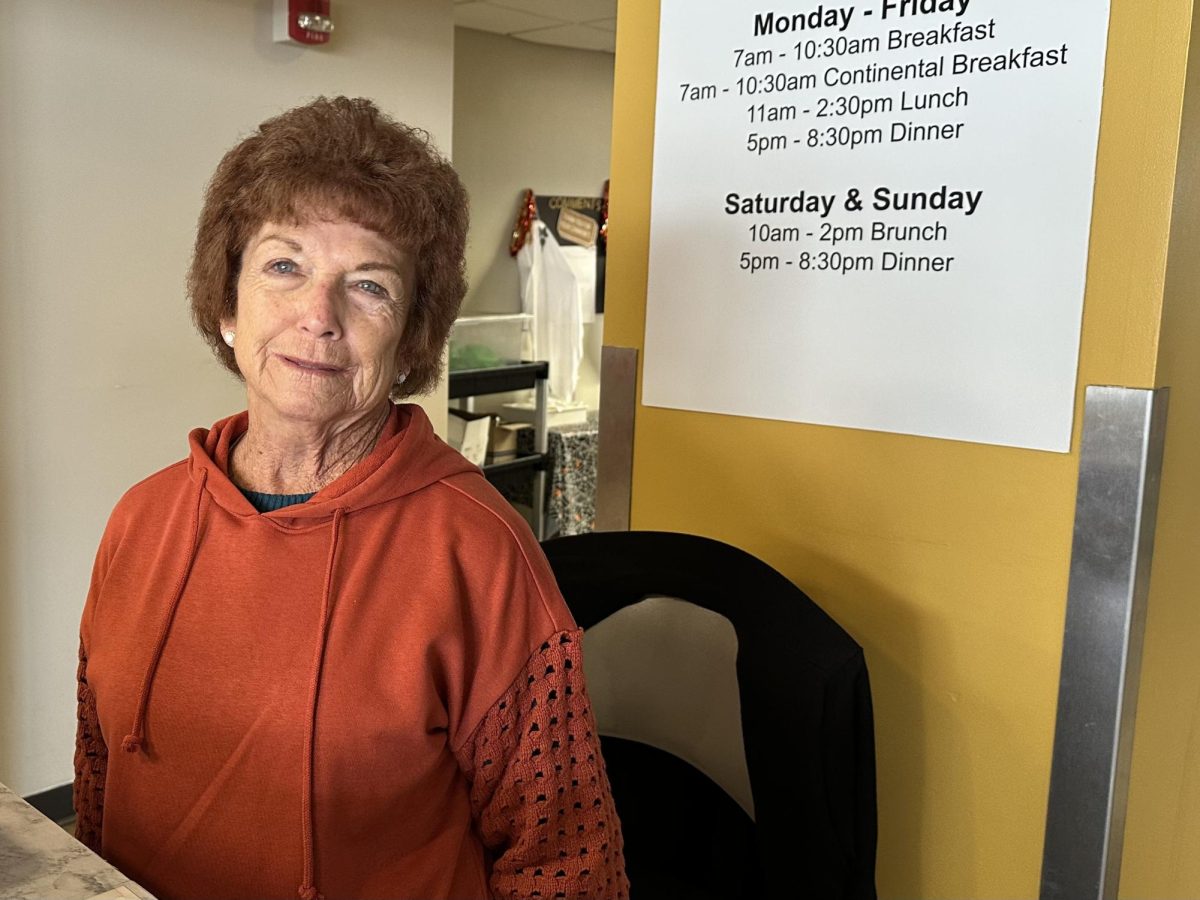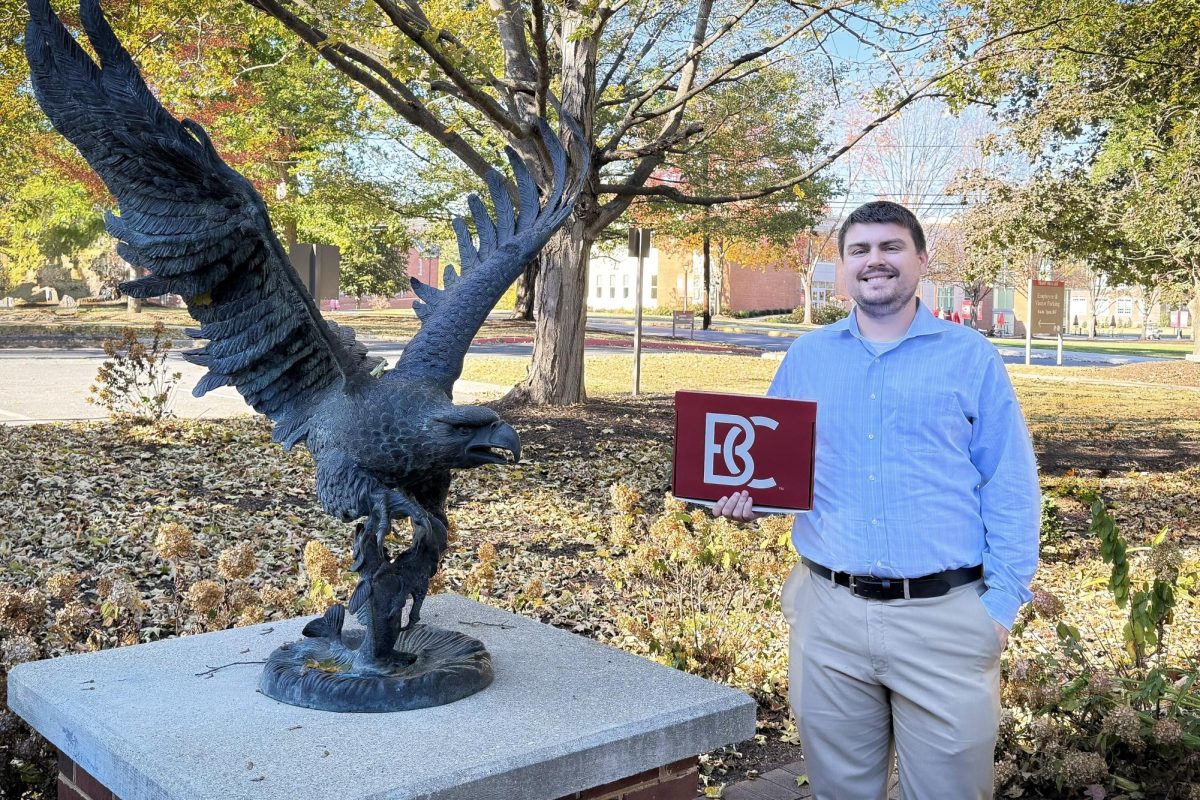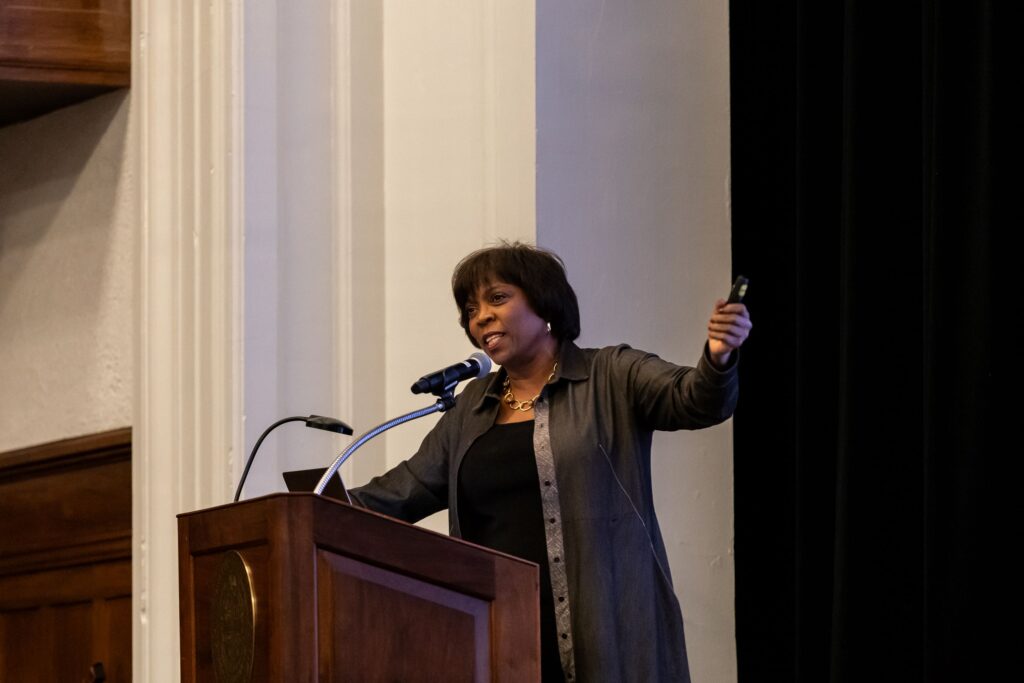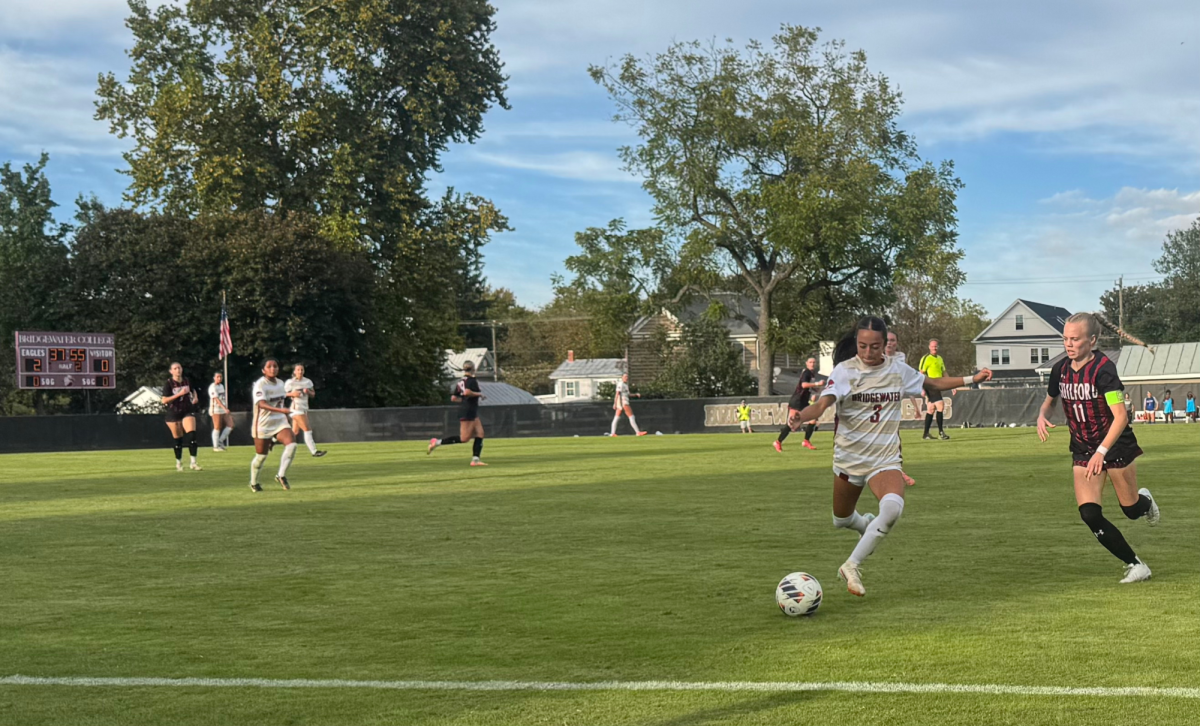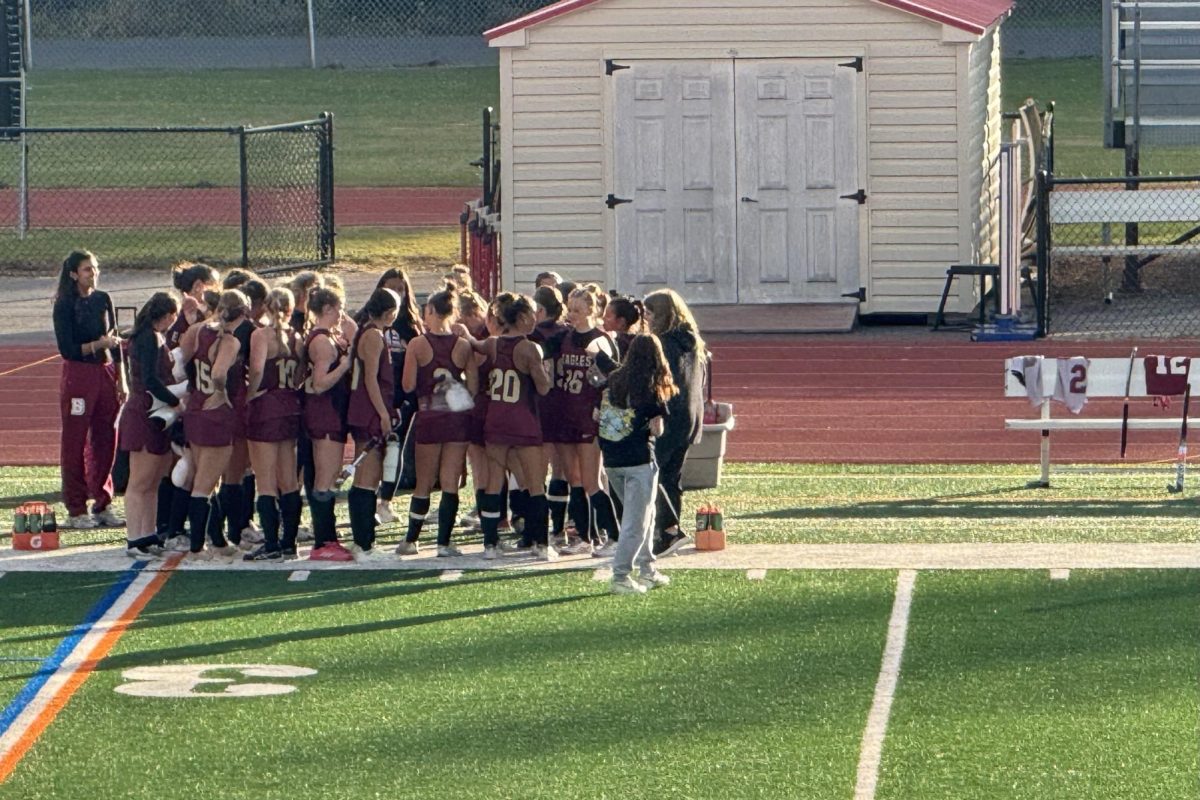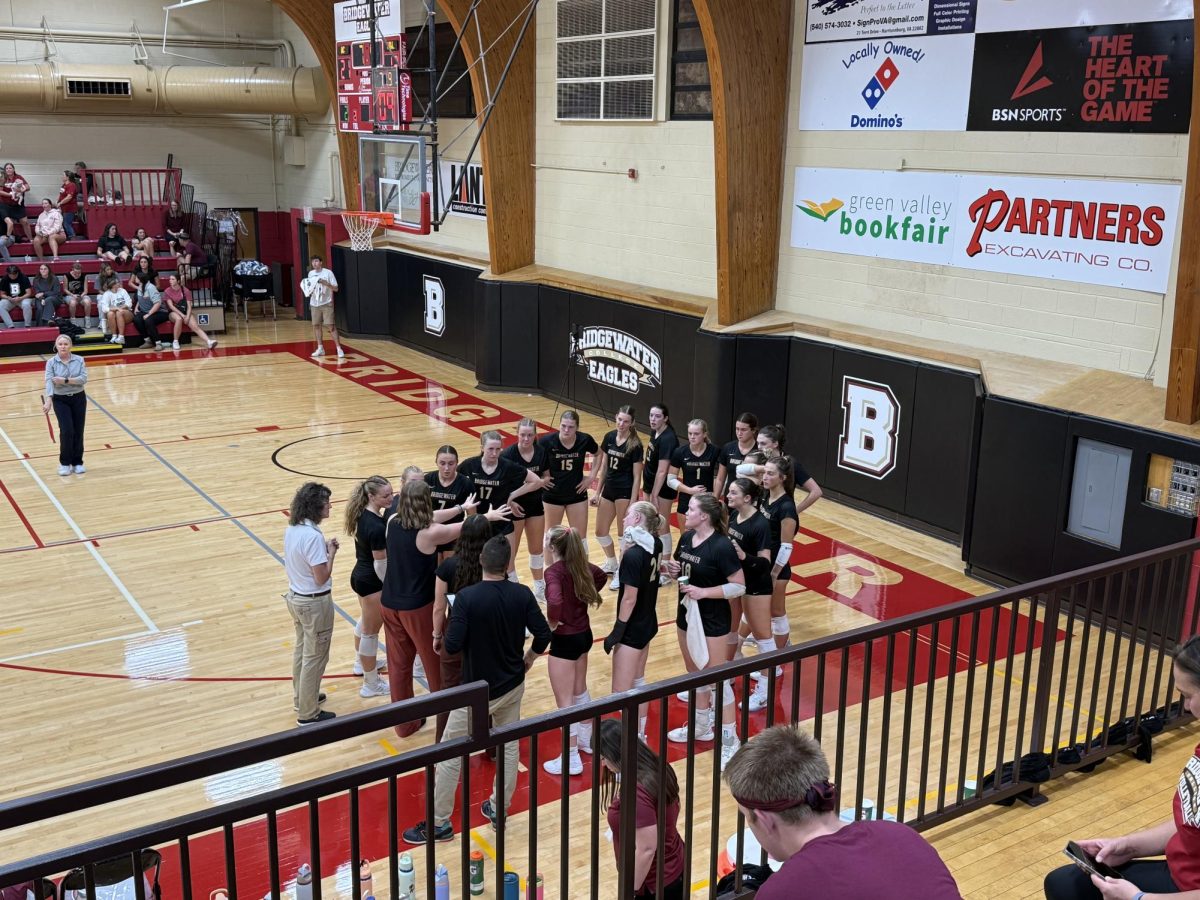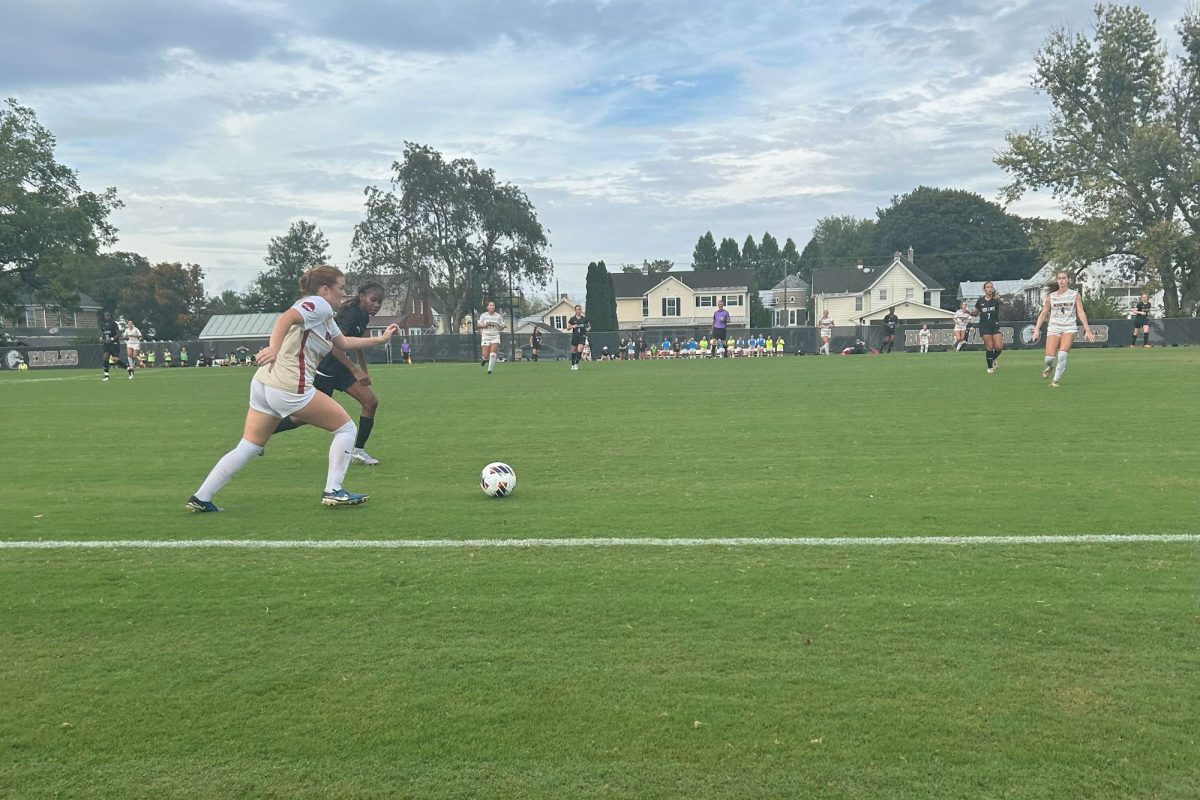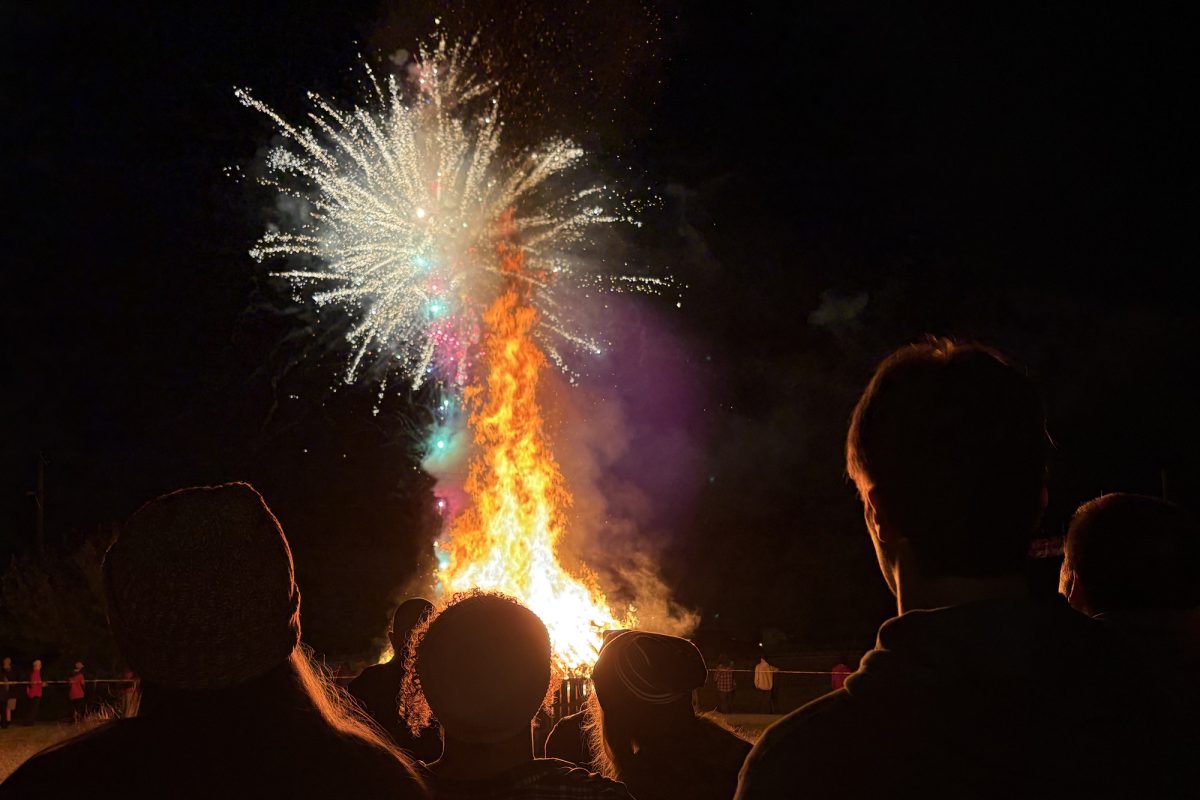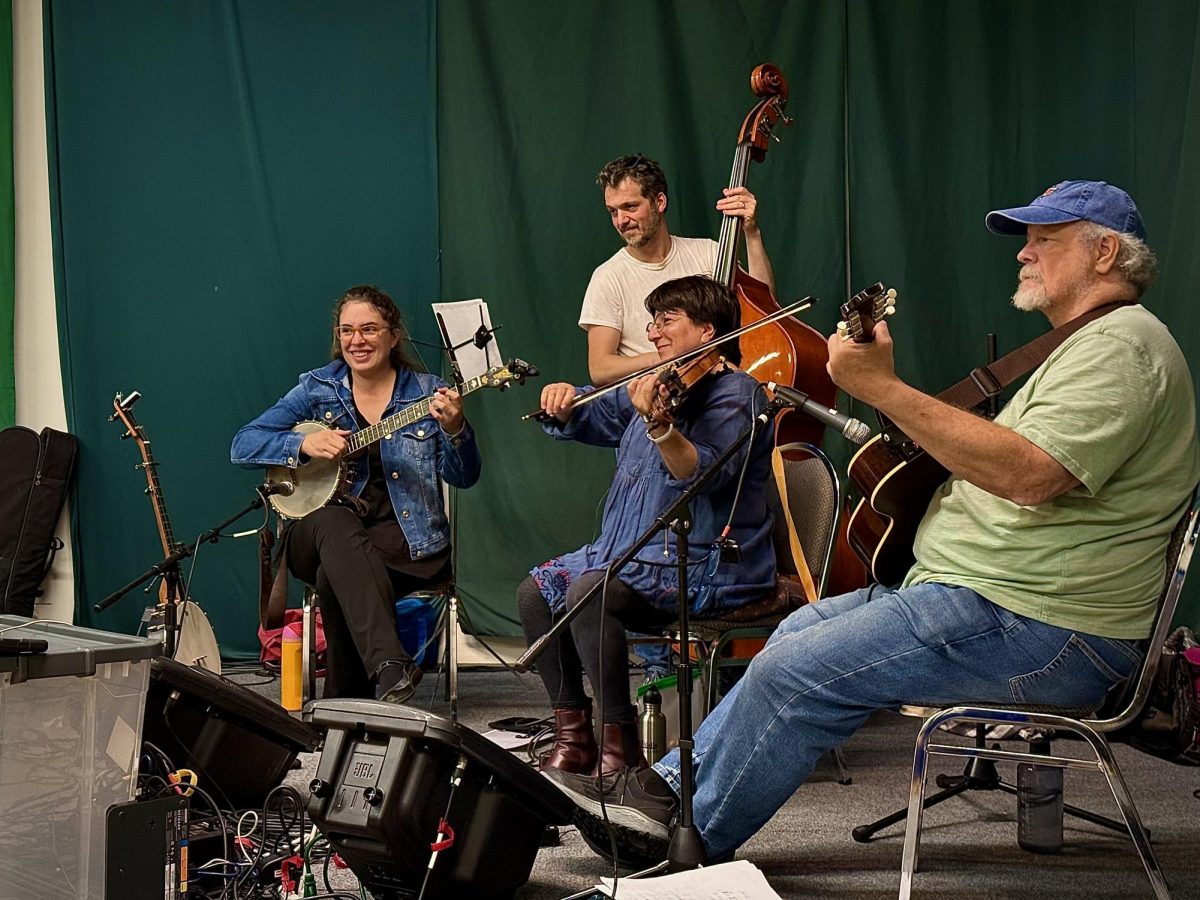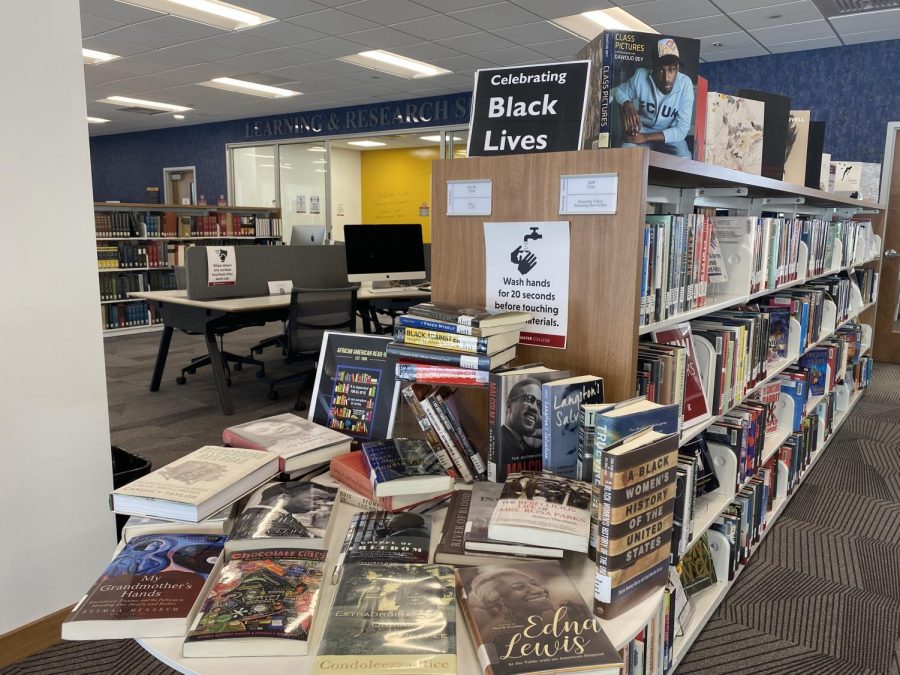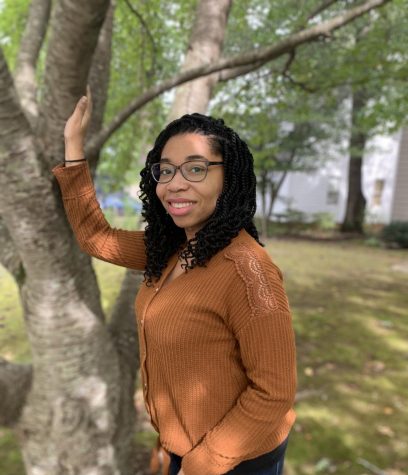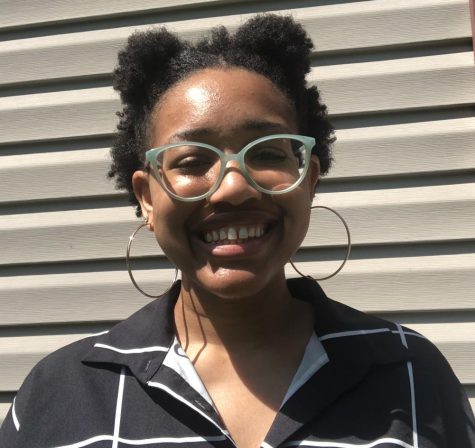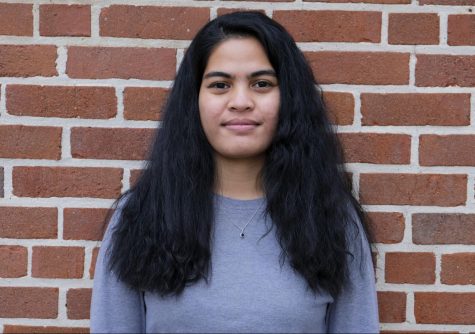Black Students Reflect on Black History at Bridgewater College
February Has Become a Time for Black Students to Celebrate Their Heritage
Bridgewater College honors Black History Month through black Literature available in the Forrer Learning Commons. Black History Month has been celebrated since 1976 under President Gerald Ford’s administration.
February 23, 2021
Bridgewater, Va. – In a racially charged climate, Black students at Bridgewater College celebrate Black History Month, a subject discussed sparingly in education.
In 1926, “Negro History Week” was instituted by Dr. Carter G. Woodson, also known as the Father of Black History. According to the Woodson Museum, Woodson chose a week in February to commemorate Black history in observance of President Abraham Lincoln’s birthday (Feb. 12) and abolitionist Frederick Douglass’s birthday (Feb. 14).
A doctoral graduate of Harvard University, Woodson cultivated the importance of Black history through writing “The Mis-education of the Negro” book in 1933 about Black students failed by the educational system and publishing magazine articles that highlight contributions of Black Americans.
According to the NAACP, Woodson desired Black Americans to be proud of the heritage that others have attempted to erase as an integral component of the United States.
Student Knowledge of Black History
Prior to attending Bridgewater College, many Black students had minimal information about Black history due to their previous school curriculum.
Larissa Niles, a sophomore digital media strategy major, described the Black history she learned as “whitewashed, even when I attended a predominately black school in Brooklyn, New York because that was simply the curriculum.”
Niles learned more about Black figures that all students are required to know.
“Beyond the repetitive larger names you hear like Rosa Parks and MLK and Harriet Tubman, I don’t really know much,” said Niles.
Ma’Leah Miller, a senior professional writing major, said her Black history knowledge is “not where I want it to be at.”
“I don’t know as much as I want to know and I definitely need to expand on my knowledge since school does not teach us what we really should know,” said Miller.
How Students Celebrate Black History
Despite having minimal knowledge of Black history beyond the usual figures taught in school, many students understand the importance of Black History Month. Senior Grace Kellar views Black History Month as a time where people are more susceptible to hearing about the Black experience.
“I think all year round, there is something that we can be doing, but this month in particular is when people listen the most,” said Kellar. “This month is a time to take something important to put it in the public eye.”
While Kellar does not have any traditions for Black History Month, each year presents a new focus on a particular issue within the Black community like Black Lives Matter and the protection of Black transgender women.
“I usually focus on something that stands out to me in terms of what I read and what I share on social media,” said Kellar.
According to Niles, Black History Month is “about recognizing and celebrating the culture of African Americans from all ethnic backgrounds and all of the contributions that they’ve made towards society. Although, Black history should be acknowledged year-round instead of just limiting it to a month.”
Niles celebrates Black history by “celebrating her own culture with her family.”
“Having a Jamaican/Grenadian background, we cook food from our culture and play soca or reggae. I also educate myself a little more about our ancestors who fought for what we have today,” said Niles.
Bridgewater College’s Recognition of Black History Month
As an institution, many students agree that Bridgewater College has raised awareness and supported students of all diverse backgrounds. Students within the athletic department have noted the recognition of diversity on athletic teams.
“Even in a pandemic, Bridgewater has done a decent job with honoring Black History Month by acknowledging the diversity on our athletic teams like football, and by having multiple resources to inform students,” said sophomore Shaun Sellars.
While diversity is discussed at Bridgewater College, some students believe that the College can improve on the recognition, celebration and implementation of diversity on campus. Kellar believes that there has been plenty of programming in the past regarding Black History Month and other diverse backgrounds, but this year, the programming has not been sufficient.
“This year, I have to say that I am disappointed,” said Kellar. “BSA is having great events and athletes are sharing information. If you pick things out, things are happening on campus, but there is no collective front. Yes, we’re tired of Zoom meetings, but that doesn’t mean it doesn’t matter, especially after the year we just had.”
To Kellar, Black History Month has become a “slight afterthought.” Likewise, Miller believes the College could do more to honor Black History Month as well.
“This school sends out emails on what they feel is right to send out, but it’s not even enough at times,” said Miller.
For future celebrations of Black History Month, Kellar suggests to have one event for a month devoted to people of diverse backgrounds such as the LGBTQ community and Lunar New Year run through Student Life.
“[Student Life] is always open to partnerships but it needs to be sustainable,” said Kellar. “Bridgewater has helped me to recognize the importance of celebrating cultures that aren’t your own.”
Sellers believes that Bridgewater College could “place facts around campus about Black history.”
Overall, many students believe that the education of Black history lies in their own hands as well. For example, Sellars is “rereading ‘The Mis-education of the Negro’” to reacquaint himself with Woodson’s ideals.
“Students aren’t taking every opportunity, and neither is the administration,” said Kellar. “Our campus is surprisingly diverse, but diversity is not just about a month.”

